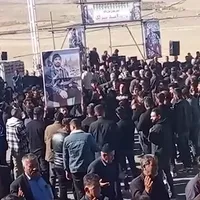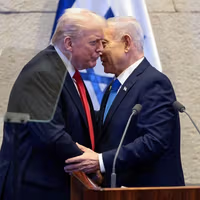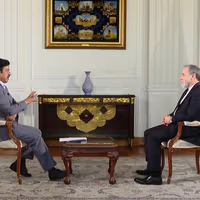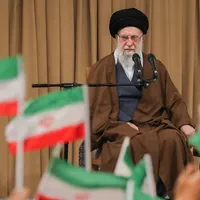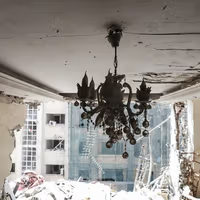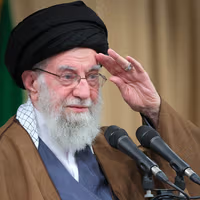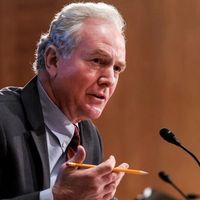During a visit to a nuclear facility on November 2, President Masoud Pezeshkian declared that “Iran will resume its nuclear activity with renewed force,” while reiterating that the country does not seek to build a nuclear bomb.
On the same day, Mohammad Javad Larijani, a former senior adviser to the Supreme Leader and brother of Tehran’s security chief, made an even more provocative claim: “Iran can make a nuclear bomb in a matter of two weeks.”
Though both later walked back their remarks, saying Iran has no intention of producing a bomb, critics argue the damage was done.
The statements, they say, reinforce suspicions among world powers about Tehran’s intentions and could provoke preemptive action from Israel or the United States.
‘Iran and North Korea only’
One of the strongest cautions came from prominent economist Kamal Athari, who questioned the rationale behind such statements in an interview with the moderate daily Arman Melli on Monday.
“In the entire world, only two governments seem to want war for war’s sake: North Korea and a certain faction in Iran. The rest of the world approaches war as an unwanted extension of politics, grounded in national interest,” Athari said.
While criticizing Pezeshkian’s comments, Athari pointed to deeper forces that few dare mention publicly inside Iran.
“(Pezeshkian) inherited only the saddle of the previous government’s dead horse,” he said. “Both the nation and the broader establishment chose him over others merely sitting in the shadow of that saddle, each hoping he would rescue them from the mess they helped create.”
‘No exit strategy’
Some observers believe Pezeshkian’s comments are intended to delay direct or indirect negotiations with the United States—perhaps in the hope that Israeli Prime Minister Benjamin Netanyahu will be unseated in the next election, or that President Trump will lose interest in confronting Iran.
Others see the remarks as symptoms of deeper indecision within the government. In the absence of a coherent strategy, officials appear to shift positions daily—evident in the government’s changing stance on talks with Washington between November 1 and 3.
Political commentator Namvar Haghighi told Iran International, “Iran currently has neither a roadmap forward nor an exit strategy from its crises. The president should be mindful of this before making sweeping declarations about nuclear activity.”
Since Israel’s 12-day war with Iran in June, Tehran has faced mounting setbacks: loss of control over parts of its airspace, restricted access to foreign-held financial assets including cryptocurrencies, and a unified European front aligning more closely with the United States on Iran’s nuclear and missile programs.
Pezeshkian appears either unaware—or unwilling to recognize—that the geopolitical landscape has shifted dramatically since the war.


